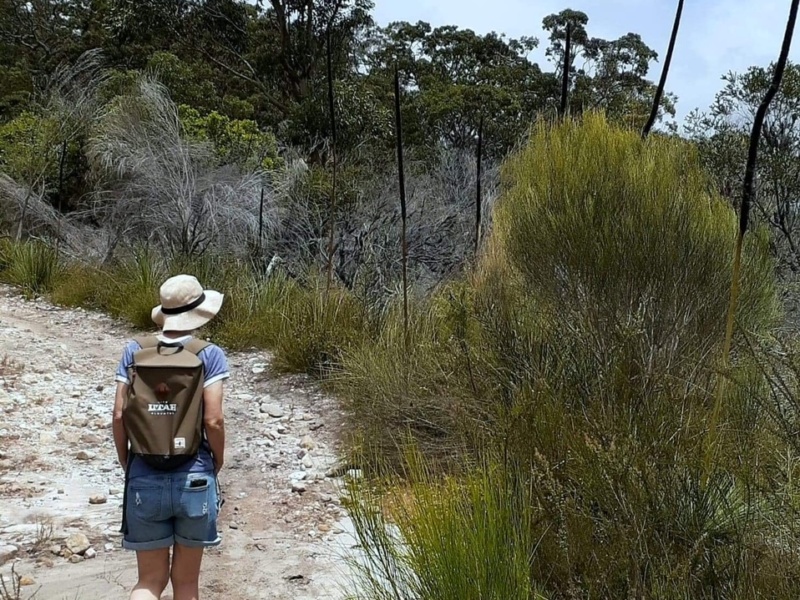Nine out of ten people agree physical exercise and being close to nature is beneficial to their health(1). And what better activity to combine the two than bushwalking! Our increasingly urban and sedentary lifestyle has led to an epidemic of obesity and back pain, in turn leading to a myriad of related health problems.
When faced with the artificial environment of a gym, the idea of stepping out into “the great outdoors” may be a tantalising panacea to our modern lives.
Bushwalking is low cost and low tech, all you need is a pair of comfortable walking shoes, a water bottle and a hat. How easy is that?
Earlier this year a friend and I decided to go on regular walks in and around Sydney’s North Shore and Northern Beaches, areas which abound in bushwalking trails close to suburbia. We have both undergone knee surgery following separate skiing accidents and we joke that between us we only have two good knees!
We take it in turns to choose the walks. On our adventures, we’ve discovered pristine waterfalls and amazing views. We’ve searched for ancient aboriginal rock art and abandoned military structures. We’ve observed watchful wallabies, lurking turtles and sunbathing snakes. Furthermore, we’ve photographed dozens of beautiful wildflowers as well as the occasional nonchalant water dragon. And we’ve solved the world’s problems while moaning about our own (mainly our realisation that our skiing days may be over).
But mostly, we’ve been “in the moment”.
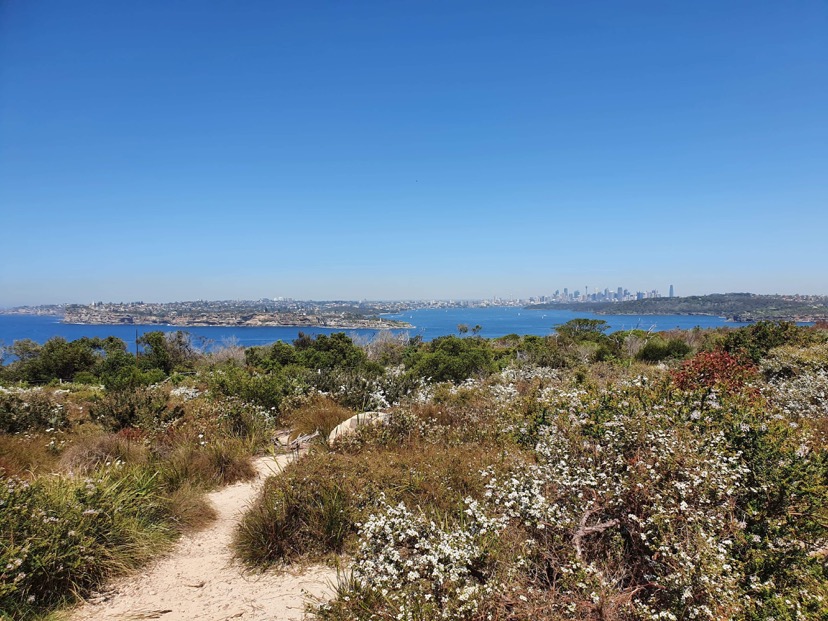
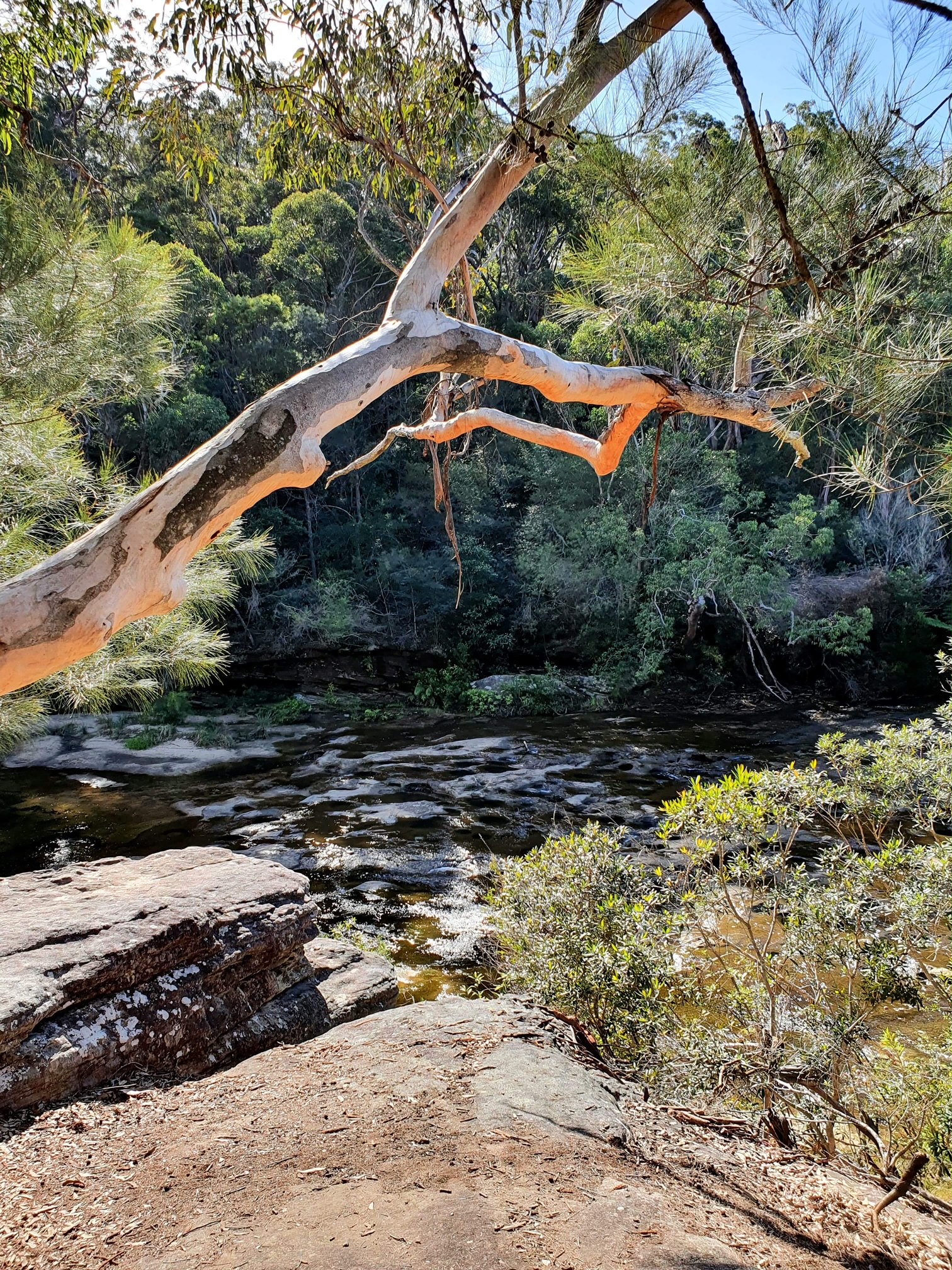
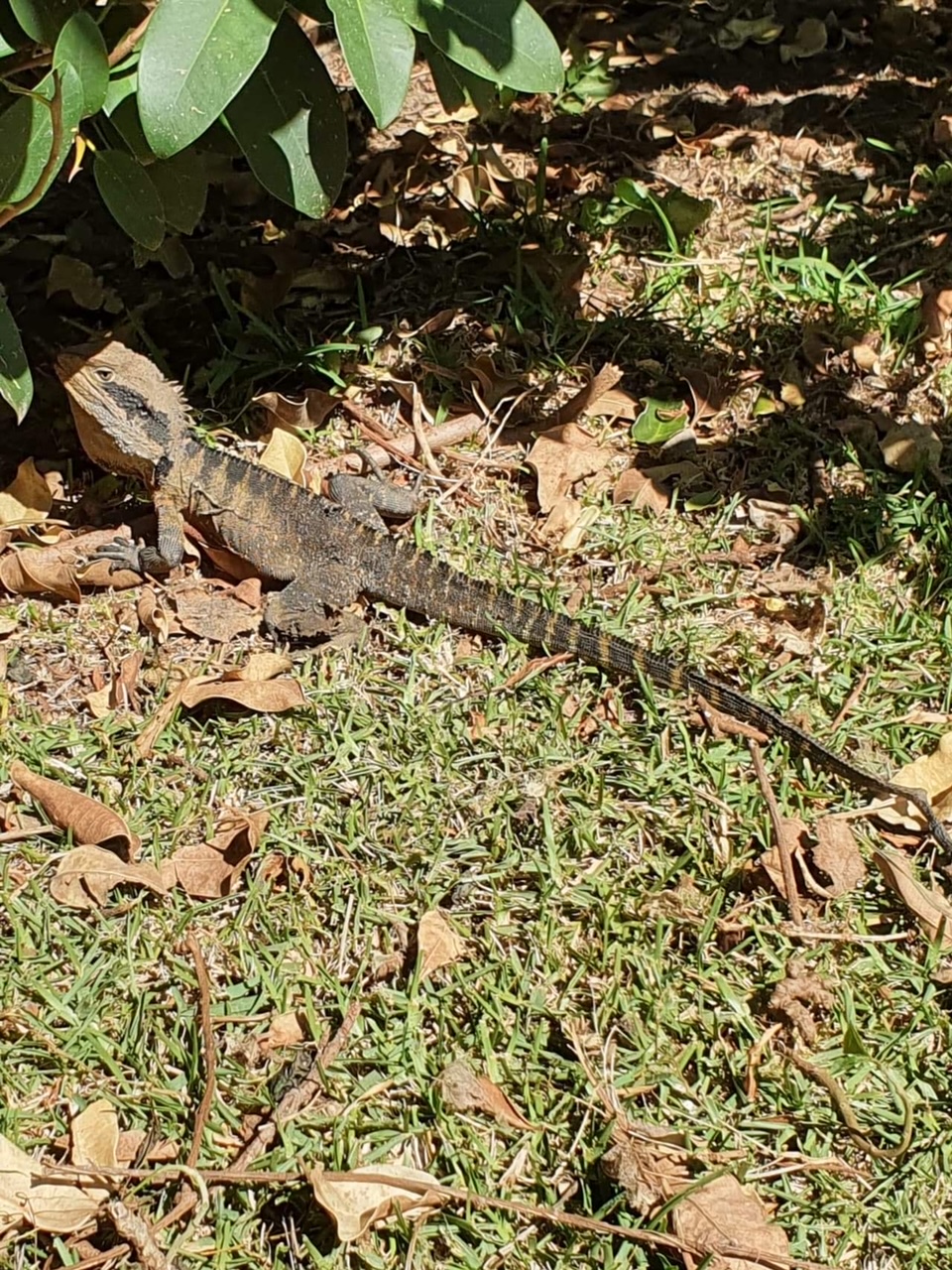
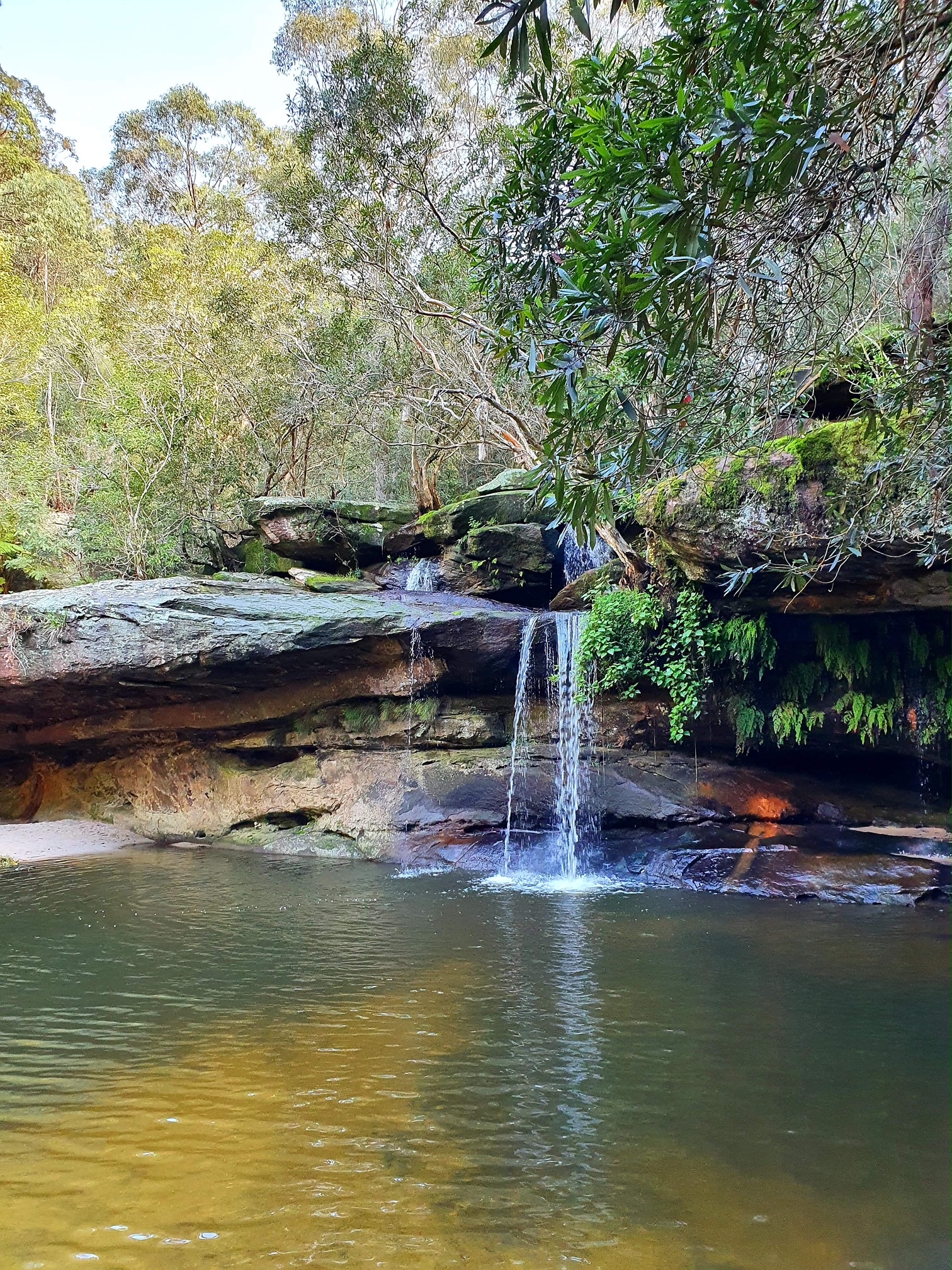
What are the health benefits of bushwalking? Here are my top five physical ones:
- Increased cardiovascular fitness
This is the biggest physical health benefit – increased heart and lung fitness reduces the risk of heart disease and stroke. It also helps with the management of other related health conditions such as high blood pressure, high cholesterol and diabetes (particularly Type 2).
- Increased muscle strength
Walking up and down hills while carrying a backpack promotes muscle strength which is critical for improving bone density, particularly in post-menopausal women. Improved core muscle strength can prevent or minimise lower back pain and leads to increased strength and mobility in hips, glutes and quads. And we all want more booty!
- Increased stability
Walking on uneven ground is a boon for better stability. This results from improved muscle strength particularly in the core. Increased stability and balance means decreased chance of a fall. Win- win!
- Weight loss
A beneficial side effect! Remember muscle weighs more than fat – weight loss may be minimal but regular bushwalking will result in improved muscle tone.
- Increased Vitamin D
Safe sun exposure is essential to Vitamin D production which too many of us lack. Vitamin D helps our bones absorb calcium and wards off osteoporosis as we age. It’s also vital for a healthy immune system. Our Aussie sunlight can be harsh so slip, slop, slap if walking in the middle of the day.
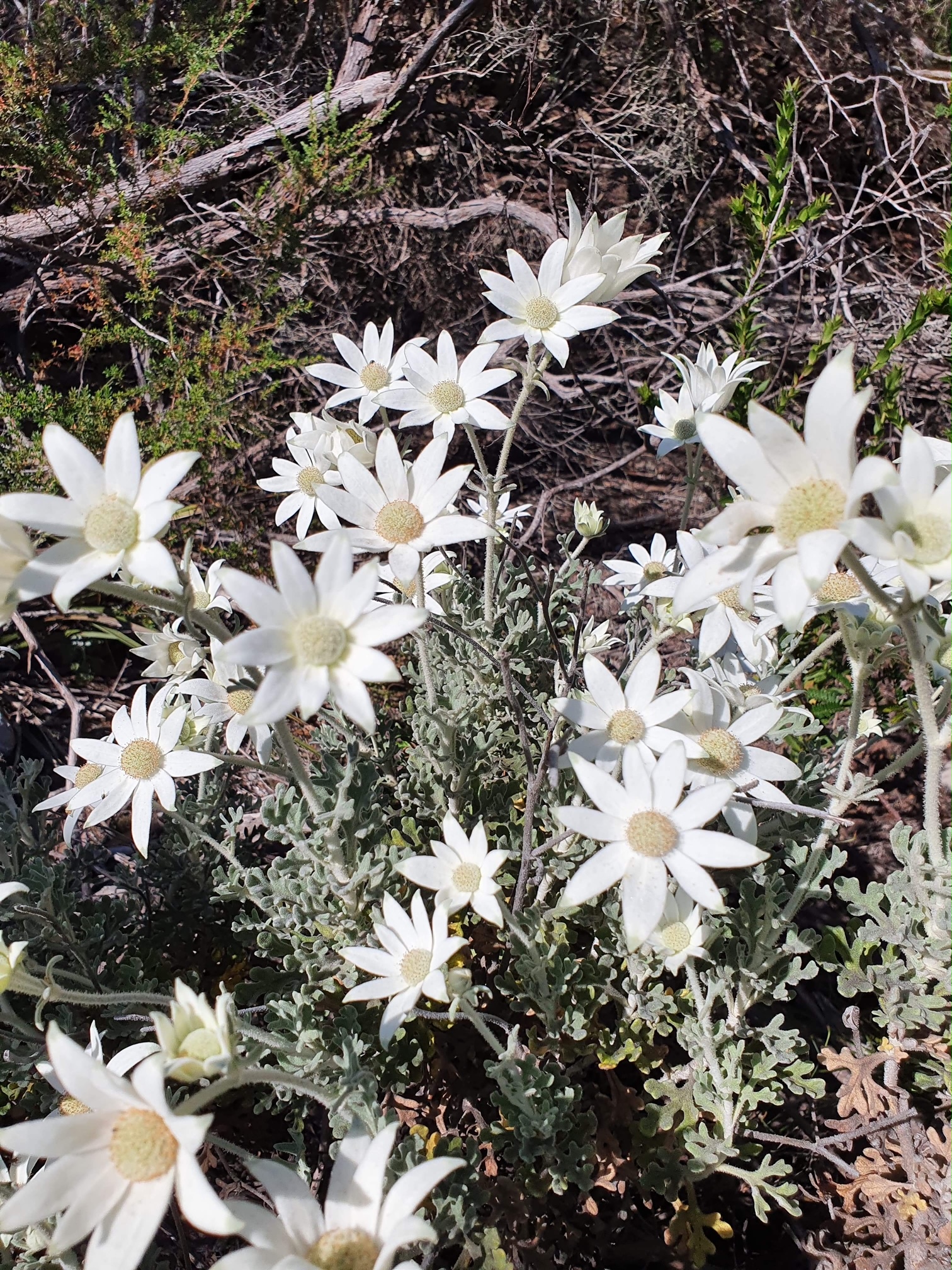

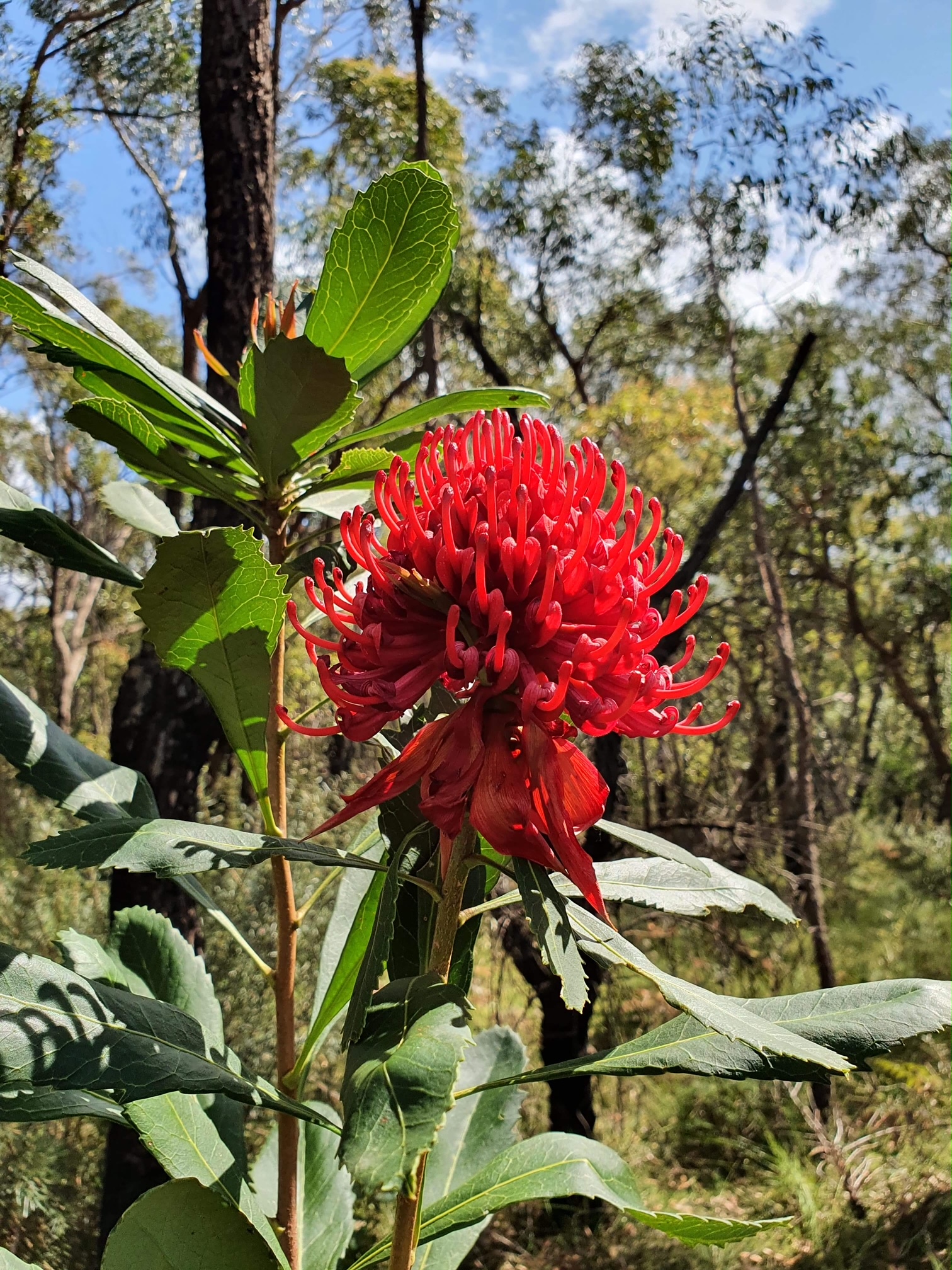
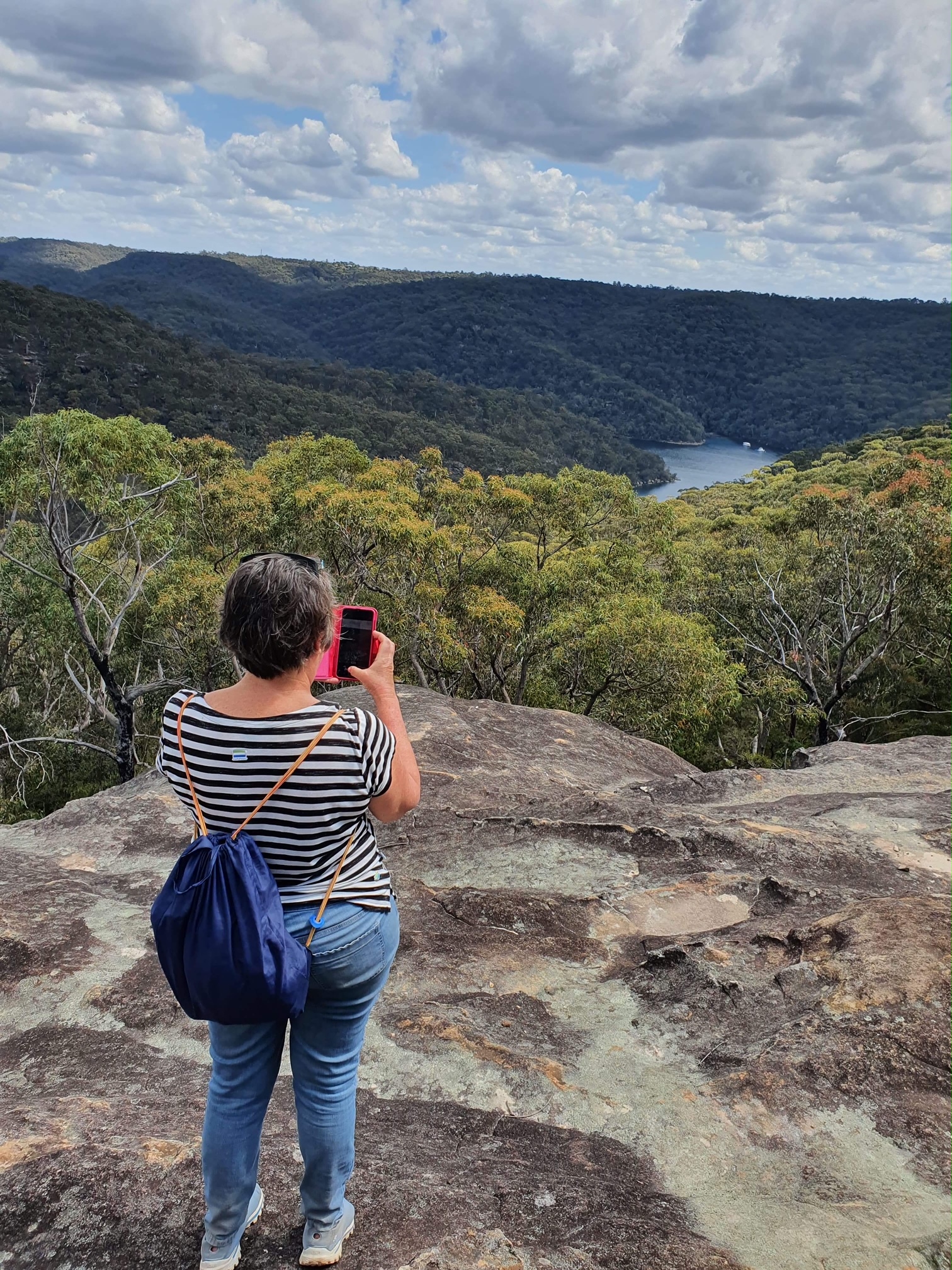

What about the mental health benefits of bushwalking? Here’s my top five:
- Demonstrated reduction in anxiety and depression
Beyond Blue(2) advocates bushwalking as an important activity for managing moderate anxiety and depression. A 90 minute walk through a natural environment, particularly in the sunshine, promotes mental wellbeing and positive thoughts.
- Stress relief
Immersing yourself in the sights, sounds and smells of Mother Nature reduces cortisol levels which is great for de-stressing. (Unless you step near a snake, in which case try to remember that they are more scared of you!)
- Increased mental focus
Studies have shown exposing children with ADHD to “green outdoor acts” results in a lessening of symptoms and it’s likely adults with ADHD and ADD also reap the benefit. Bushwalking can increase levels of both dopamine and norepinephrine neurotransmitters and can help in the laying down of new receptors in certain areas of the brain.
- Creative problem solving
Bushwalking involves being “in the moment”. Our minds are cleared of “clutter” as we navigate terrain, listen to birdcalls, look for those elusive birds and drink in the smells of nature. This allows us to see things in a new light. More fun than brainstorming in an office!
- Social benefits
Bushwalking with a friend or a group has huge mental benefits. It facilitates social links, improves confidence and helps with motivation and enjoyment of life. The shared interest of exercising outdoors creates a social bond and improved mental wellbeing. It can also create new neural pathways if you count learning about the flora and fauna along the way.
Notes
-
The tenth person I canvassed was an eighteen year old gamer.
-
Beyond Blue is an organisation in Australia which provides information and support for people experiencing depression, anxiety and other mental health issues. https://www.beyondblue.org.au/
